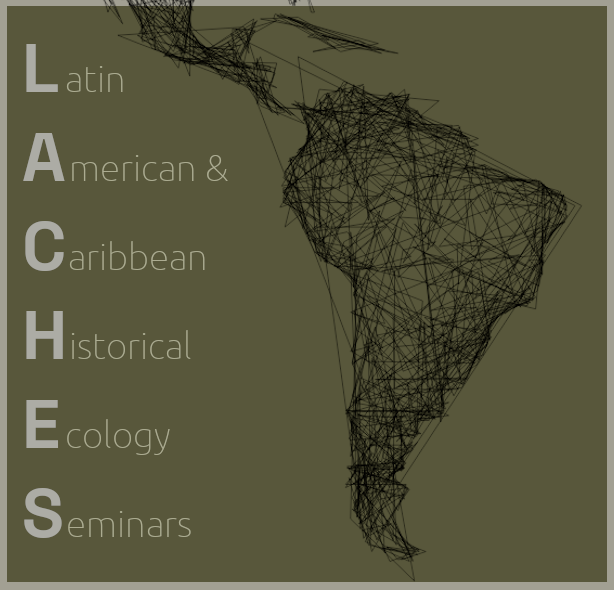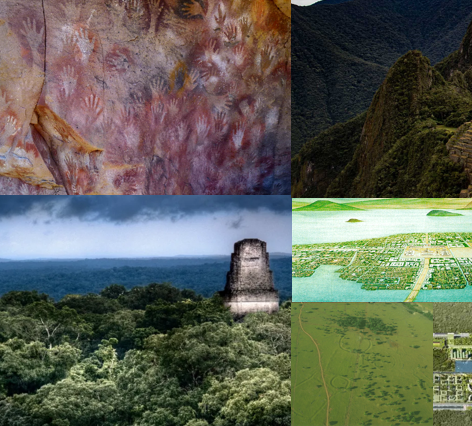LACHES Seminar 1st of August, Espinoza and Olivera
Welcome to the 3rd LACHES seminar on Monday August 1st at 4 pm (Swedish time)!
https://uu-se.zoom.us/j/63767034974
16-16.40. Anthropogenic Changes in Lowland and Insular Ecuador
By Florencio Delgado Espinoza, Department of Liberal Arts (Universidad San Francisco de Quito (USFQ). Dr Delgado does research in anthropological linguistics, biological anthropology and archaeology. He has been conducting investigations both in continental Ecuador and the Galapagos Islands.
17-17.40. Public-Religious Monumental Architecture in the Valley of Marañón, Upper Amazonia of Perú / Arquitectura Monumental de Carácter Público-Religioso en el Valle del Marañón, Alta Amazonia de Perú
By Segundo Quirino Olivera (Asociación para la Investigación Científica de la Amazonía de Perú (ASICAMPE)). With a background in archaeology, art history and cultural heritage, Dr Olivera has been researching the Peruvian Amazonia for the last decade.
See upcoming and filmed seminars here https://ihopenet.org/laches/. Want to register to the sendlist and get the passcode, send email to: contact@ihopenet.org
 The LACHES seminar
The LACHES seminar
Since the 1998 publication of William Balée’s edited volume Advances in Historical Ecology, historical ecological research in Latin America and the Caribbean has examined complex socio-ecological interactions and historical trajectories in a wide variety of landscapes. This body of research evidences the development of a diversified field, with new methodological toolboxes and conceptual frameworks emerging to further advance the potential of historical ecological research to detail human behaviors and their planned and unintentional socio-ecological consequences, as well as broadened its critical scope. The aim of the Latin American and Caribbean Historical Ecology Seminars (LACHES) is to highlight a diverse research field characterized by an ambition to link knowledge about the past to present-day challenges by contributing to debates in natural resource and environmental management, deepening our understanding of resilience and vulnerability, and informing pathways to economic, ecological, and societal sustainability. The urgency of this field is eminent, with the diversity of land and resources not only under continuous attack from neoliberal exploitation, but with increasing pressure from “green investment” schemes, carbon sink policies, and conservation programs. The seminar series is sponsored by IHOPE (ihopenet.org) and organized by a planning committee of scholars in Bolivia (Universidad Mayor de San Andrés), Brazil (Universidade de São Paulo), and Sweden (University of Gothenburg and Uppsala University). Drawing on case studies as starting point, these open seminars (in English, Spanish, or Portuguese) will discuss practical challenges and opportunities of historical ecological research, with particular reference to inclusive transdisciplinary research, actionable science, and informing policy.
